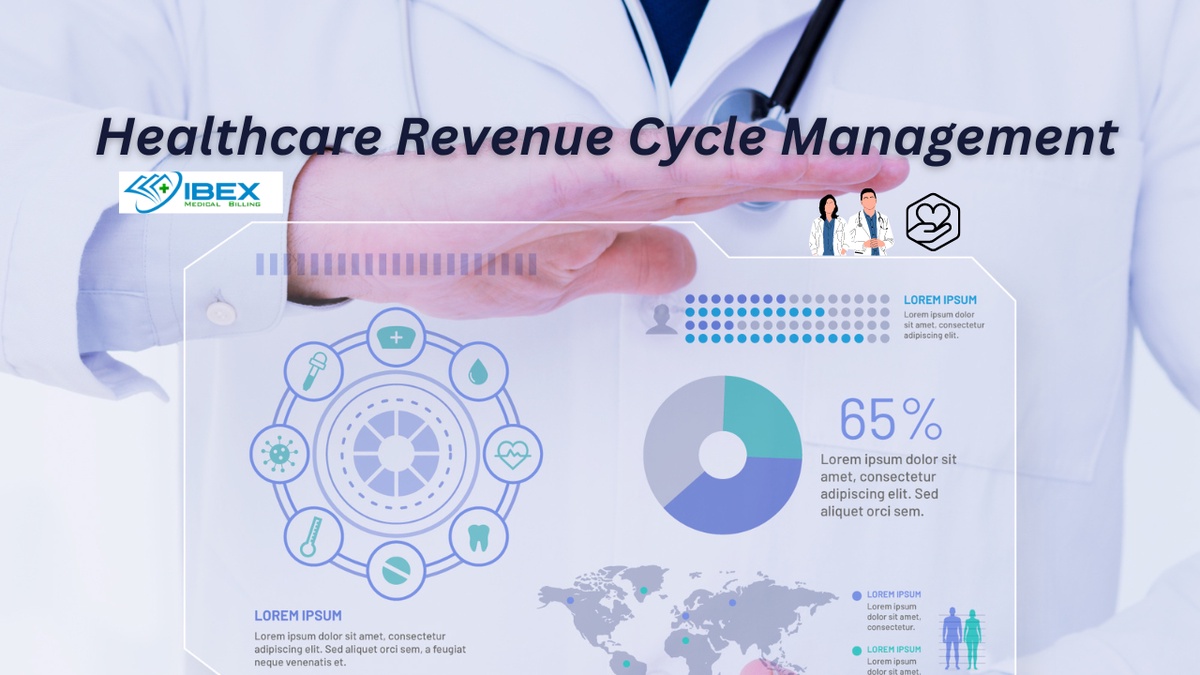Introduction: Navigating the Complexities of Healthcare Revenue Cycle Management
In the dynamic landscape of healthcare, managing revenue cycles efficiently is paramount for the sustainability and growth of healthcare providers. Effective revenue cycle management (RCM) ensures the seamless flow of financial processes, from patient registration to final payment collection. Let's delve into the intricacies of healthcare revenue cycle management and explore strategies to optimize this crucial aspect of healthcare operations.
Understanding the Healthcare Revenue Cycle
The healthcare revenue cycle encompasses various stages, including patient registration, insurance verification, coding and billing, claims submission, payment posting, and accounts receivable follow-up. Each stage plays a vital role in ensuring timely reimbursement for services rendered by healthcare providers.
Challenges in Revenue Cycle Management
Navigating the healthcare revenue cycle can be fraught with challenges, ranging from complex billing codes to regulatory compliance issues. Additionally, factors such as claim denials, delayed reimbursements, and evolving reimbursement models further compound the challenges faced by healthcare organizations.
Optimizing Revenue Cycle Management Through Technology
In today's digital age, leveraging technology solutions is instrumental in streamlining revenue cycle management processes. Electronic health record (EHR) systems, revenue cycle management software, and automated billing platforms can enhance efficiency, accuracy, and compliance while reducing administrative burdens.
Ensuring Compliance and Accuracy
Compliance with regulatory requirements, such as HIPAA (Health Insurance Portability and Accountability Act) and CMS (Centers for Medicare & Medicaid Services) guidelines, is non-negotiable in healthcare revenue cycle management. Implementing robust compliance measures and conducting regular audits are essential to mitigate risks and uphold data integrity.
Enhancing Patient Experience and Engagement
A seamless revenue cycle not only benefits healthcare providers but also contributes to a positive pati
ent experience. Clear communication regarding billing processes, transparent pricing, and convenient payment options can foster trust and satisfaction among patients, leading to improved patient engagement and loyalty.
Collaboration and Continuous Improvement
Effective revenue cycle management necessitates collaboration across multidisciplinary teams within healthcare organizations. From frontline staff to financial analysts, fostering a culture of collaboration and continuous improvement is crucial for identifying inefficiencies, implementing best practices, and adapting to evolving industry trends.
Conclusion: Driving Financial Success Through Effective Revenue Cycle Management
In conclusion, healthcare revenue cycle management is a multifaceted process that requires strategic planning, technological innovation, and unwavering commitment to compliance and excellence. By optimizing revenue cycle processes, healthcare providers can streamline financial operations, enhance patient satisfaction, and achieve sustainable growth in today's competitive healthcare landscape.



No comments yet